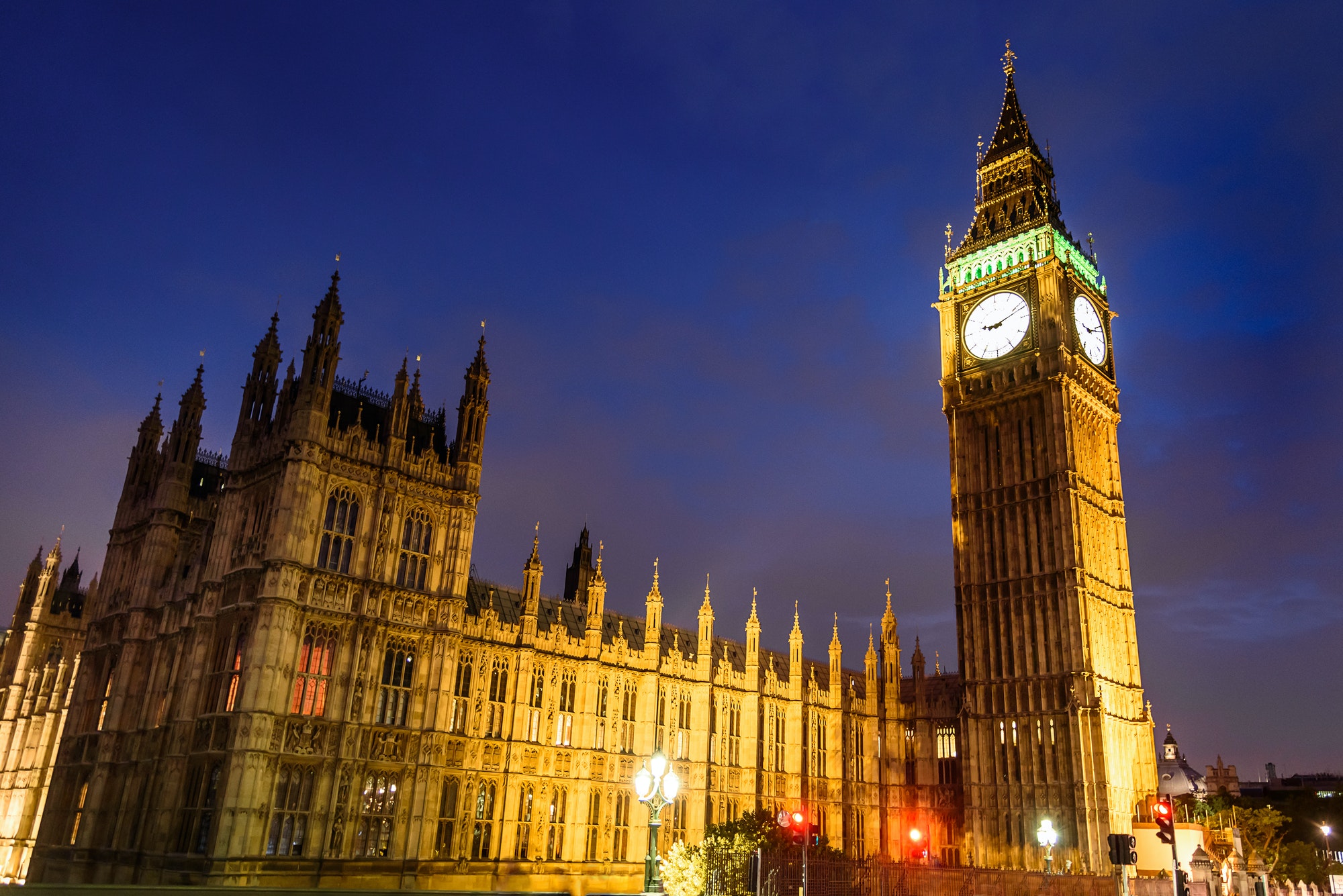The Scottish government is to pilot restorative justice by offering victims of domestic or sexual abuse the opportunity to speak to their abuser about the impact the crime had on them.
An initial test project in the Edinburgh, Lothian and Borders area will establish best working practices before the service is extended across the nation. A new national hub within Community Justice Scotland will have a strategic, oversight role.
The government said both parties must voluntarily consent to restorative justice taking place, can withdraw at any time and cannot be offered any kind of incentive to participate.
“The needs of the person harmed is central to the process. They set the pace and can stop the process at any time,” it added. “The person who has done the harm has to acknowledge the harm, and take responsibility for restorative justice to proceed.
“It is not quick. It involves many steps including suitability risk assessment, emotional preparatory work and after-care support.”
Head of restorative justice Gemma Fraser said: “It is important that people who experience harm caused by crime are empowered with the ability to voice the deeply personal impact of that.”
Justice secretary Keith Brown stated: “It is not a substitute or alternative to the criminal justice system but a means of putting victims first in a way that I am sure will be of benefit to a number of people for very many years to come.”











